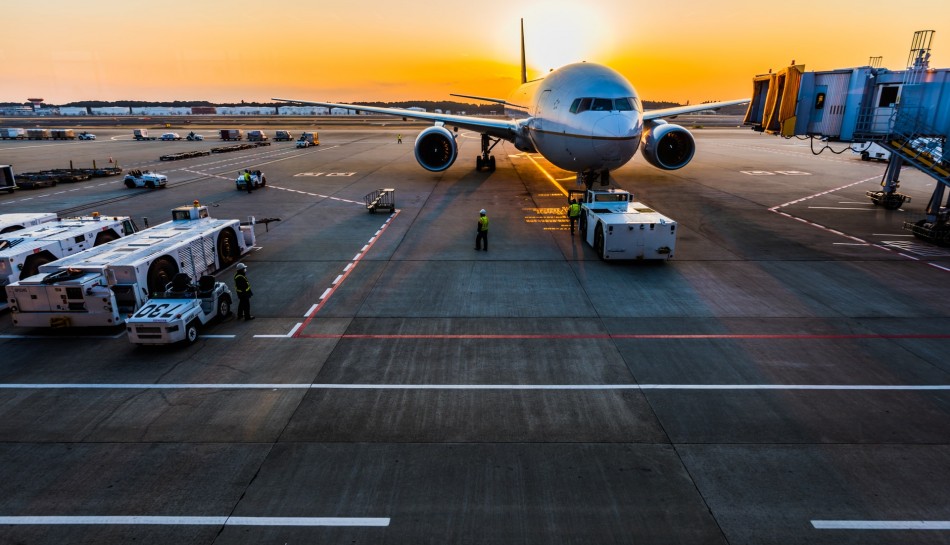Measures come as concerns about new variants of the coronavirus mount Canada's main airlines have agreed to cancel service to the Caribbean and Mexico and the federal government is introducing new mandatory quarantine rules as it tries to discourage international travel.
This morning, Prime Minister Justin Trudeau announced Air Canada, WestJet, Sunwing and Air Transat have agreed to suspend service to some sun destinations starting this Sunday until April 30, and will be making arrangements with their customers who are in these regions now to organize flights home.
"With the challenges we currently face with COVID-19, both here at home and abroad, we all agree that now is just not the time to be flying," said Trudeau outside his home at Rideau Cottage.
Starting next week, all international passenger flights, including from the U.S., will land at the Vancouver, Toronto, Calgary and Montreal airports.
The prime minister said as soon as possible the government will be introducing mandatory PCR testing at the airport for people returning to Canada, on top of the pre-boarding test already required.
Travellers will then have to wait up to three days at an approved hotel for their test results, at their own expense, which Trudeau said is expected to be more than $2,000.
Those with a negative test will then be able to finish their 14-day quarantine at home, with increased surveillance.
"By putting in place these tough measures now, we can look forward to a better time, when we can plan those vacations," said Trudeau.
He also said that, in the coming weeks, Canada will begin requiring non-essential travellers to show a negative test before entry at the land border with the U.S.
"We are working to stand up additional testing requirements for land travel," Trudeau said.
Sources : cbc.ca
















